There are 4,740 known species of frogs around the world. Since the 1980's, 200 species of amphibians (frogs, toads, salamanders) have become extinct. Historically, only one species of amphibian will disapear every 250+ years! This greatly-accelerated rate is causing some of us frogs to disappear forever, faster than research can find a way to save us. There are diseases that kill off frogs, as well as air and water pollution that poison us. Climate change is a problem, too. But one of the biggest reasons for amphibian decline, is loss of habitat. Deforestation is destroying many of the places where my relatives live and breed.
So why is it important to save frogs? Frogs are considered ecological, or biological, indicators. This means that the health of frogs, or lack of, can indicate problems with the environment that will also affect humans, as well as other wildlife.
These wonderful frog groups, from all around the world, offer fun and educational activities for the whole family on Save the Frog Day each year. Land of Lily Pad, being home to thousands of frogs, is planning a day-long celebration. I know that the family and I will be attending many events, including a lecture on all the progress being made to help those frogs who are close becoming extinct.
Check out Frogs are Green and Save the Frogs online and see if they have an event happening near you. If not, don't worry. You can still have fun and support us frogs. See who can come up with the longest list of weird frog facts, host a Come as a Frog costume party, or spend some time building a frog habitat in your back yard. And, of course, don't forget to donate to one of the many groups who help us out. They can't continue to find solutions to our many problems without your financial donations.
Herpy Save the Frogs Day, everyone.
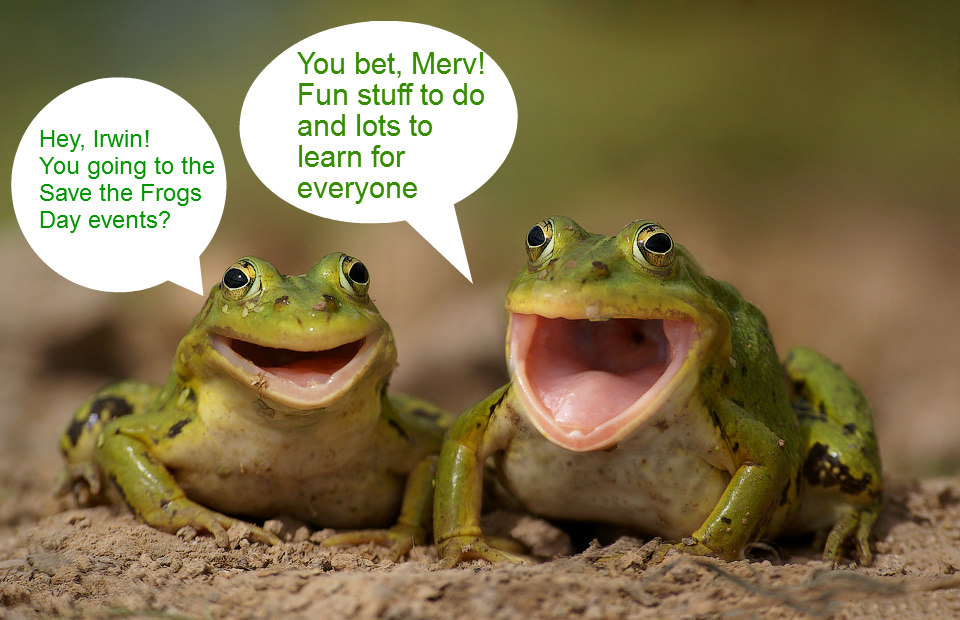

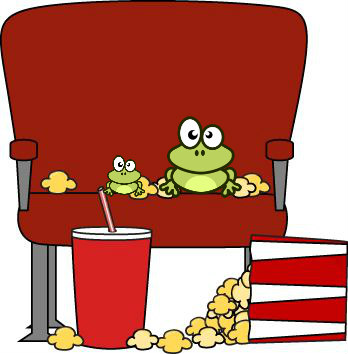

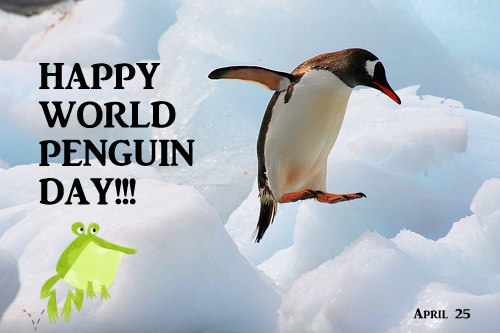

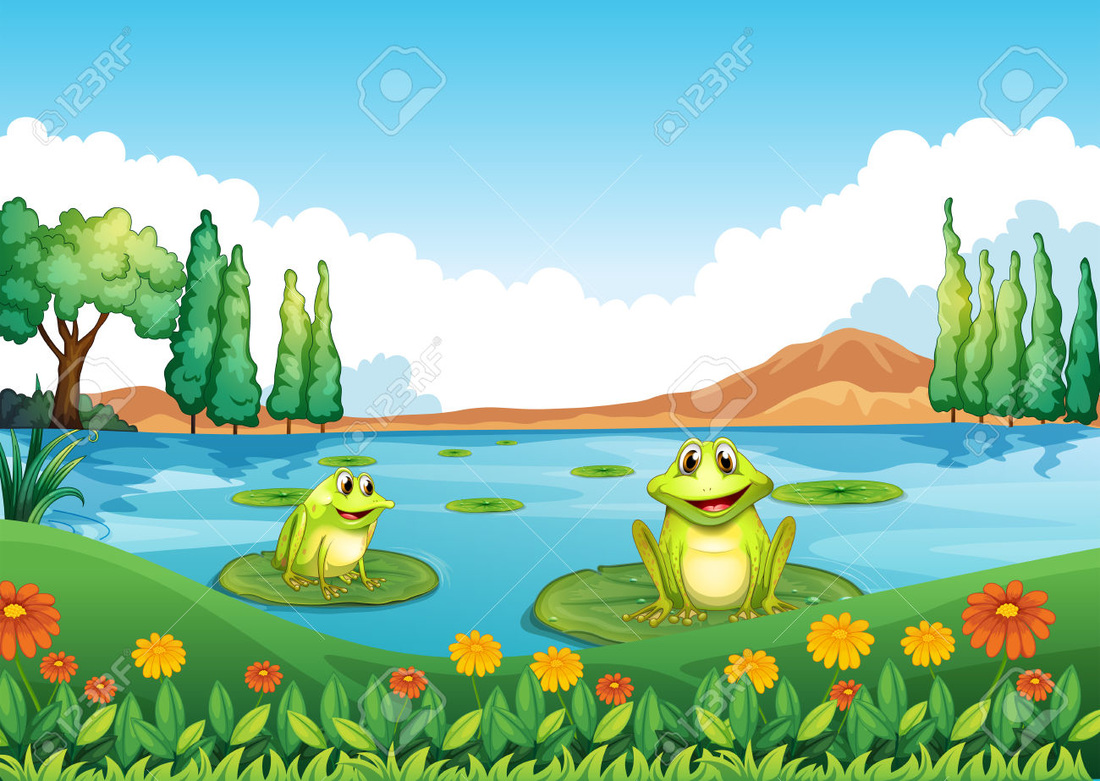


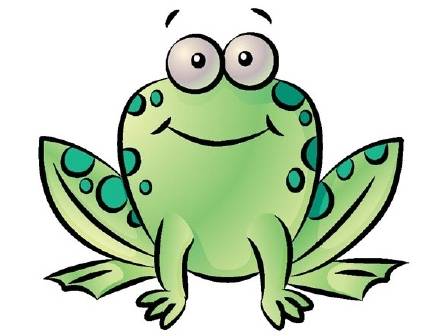
 RSS Feed
RSS Feed